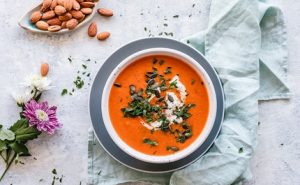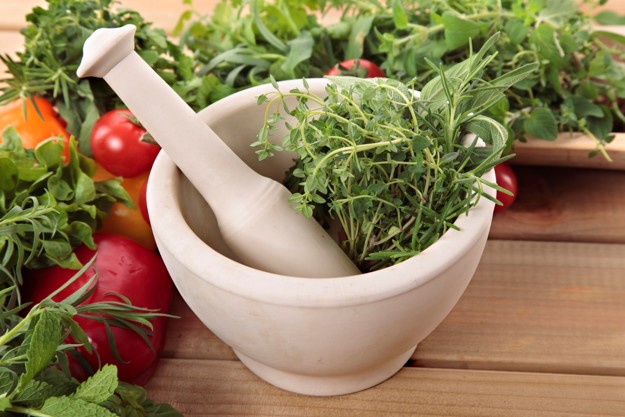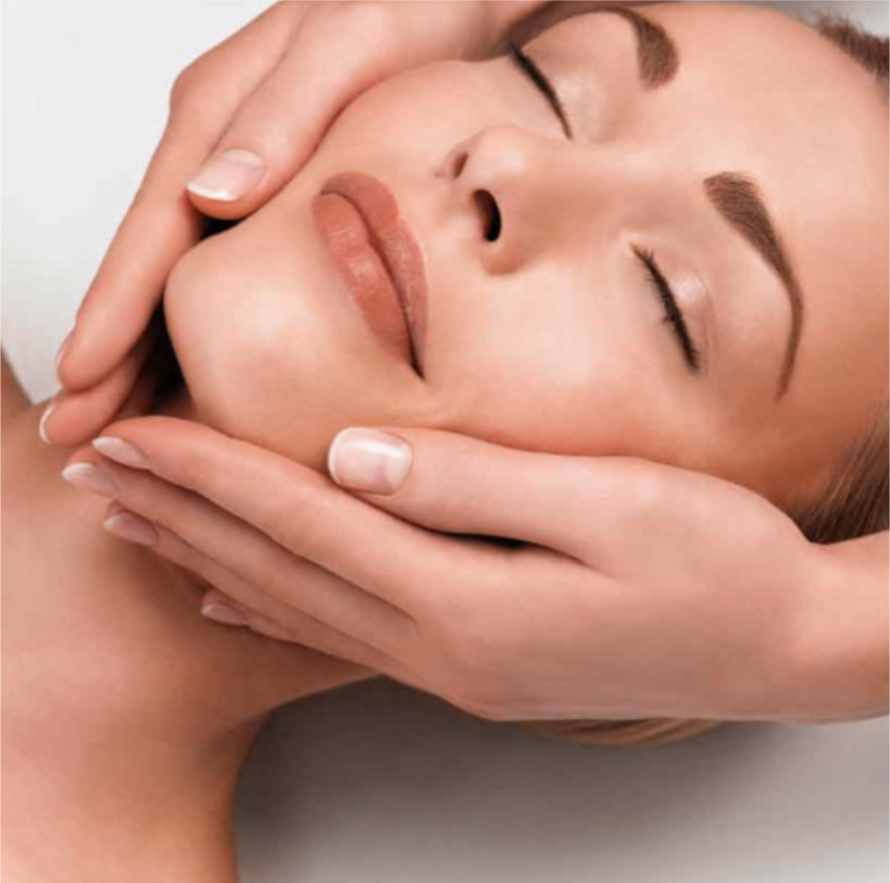Vata's basic cosmetics are comprised of air and ether. The normal interpretation of Vata is "what moves things." Vata is frequently alluded to as the Vayu (wind) in the body, and it is the essential propelling power of the doshas—without it, the other doshas can't move.
As per Ayurveda, the Vata is answerable for our psychological and actual flexibility. It is the invigorating power of the body and brain, and it oversees our sensory system, our bones, and also our feelings of touch and hearing.
 THE CHARACTERISTICS OR ATTRIBUTES OF VATA DOSHA
THE CHARACTERISTICS OR ATTRIBUTES OF VATA DOSHA
- Dry
- Light
- Cold
- Harsh
- Unobtrusive (rather than gross)
- Versatile (unsettled development)
- Clear
Qualities OF VATA DOSHA
When Vata is in balance for our prakruti, or sacred nature, we are facilitated in body and mind and in our reaction to incitement. When in balance, Vata permits us to consistently explore our considerations, sentiments, and activities. Our ambulation is simple, our tactile incorporation and mental cycles stream, and we feel open, imaginative, and stimulated. When our Vata is in balance, our breath upholds our sensory system, and there is homeostasis among tissues and organs. The development of our life power (prana) is controlled by Vata, and this capacity permits us to "motivate" (breathe in) effectively and to give up (breathe out) easily also.
 THE ACTIONS PROVIDED BY VATA DOSHA IN OUR MIND AND BODY
THE ACTIONS PROVIDED BY VATA DOSHA IN OUR MIND AND BODY
- Inventiveness
- Happiness
- Correspondence
- Hearing
- Contact
- Breath
- Heart work
- Flow
- Feminine cycle; conveyance of child
- Climax
- Disposal of squanders (pee, excrement, sweat)
- Development of considerations and sentiments, and the overall working of the person's sensory system
Attributes OF VATA DOMINANCE IN APPEARANCE
- Light-shaded eyes, more modest fit or sporadic fit as well as dispersing
- Light casing; either extremely tall or exceptionally short
- Hypermobile joints
- Veins can be effectively seen under the skin
- Hair is fine in nature
- May have enormous chest area and little lower body or the other way around; absence of evenness in outline
- Skin is regularly dry
- May have unpredictable hair design
- The nose might show up too huge or too little corresponding to other facial provisions
- Lips might be unpredictable or slender
- Sensitive provisions generally speaking
 Instances OF VATA DOSHA IN EXCESS OR IN AN IMBALANCED STATE
Instances OF VATA DOSHA IN EXCESS OR IN AN IMBALANCED STATE
- Dry skin
- Sporadic craving; "nibbler"
- Cold hands and feet
- Dryness of cough
- Very tired legs
- Dry throat
- Anxious legs
- Tapping fingers, pulling hair, spasms
- Hiccups
- Burping
- Firm muscles and joints
- Nervousness
- Tinnitus (ringing in the ears)
- Dizziness
- Trouble recalling
- Hyperactivity
- Breaking joints
- Amenorrhea
- Tooting
DIETARY TIPS TO SUPPORT VATA BALANCE
Food varieties that are extraordinary for adjusting Vata are, as a rule, sweet, harsh, and pungent in taste. Ayurveda believes these preferences to be medication to build characteristics of warmth, dampness, and weight/groundedness to advance even absorption—which assists with adjusting Vata. For the most part, every one of the six preferences (sweet, sharp, pungent, impactful, harsh, and astringent) are suggested for solid assimilation.
Our Reviews
"Knowledge of Ayurveda made my life harmonious and full-fledged. For over 10 years I was trying to recover the women’s health and dreamed about having a child. Traditional treatment methods could not help me. I was lucky to meet Tetiana . In just 1.5 years, Ayurveda became my lifestyle, and very soon, I have received my long-awaited gift – a son."
A.C. -- Ft. Lauderdale, FL
Get Started With a Free 15-Minute Consultation
